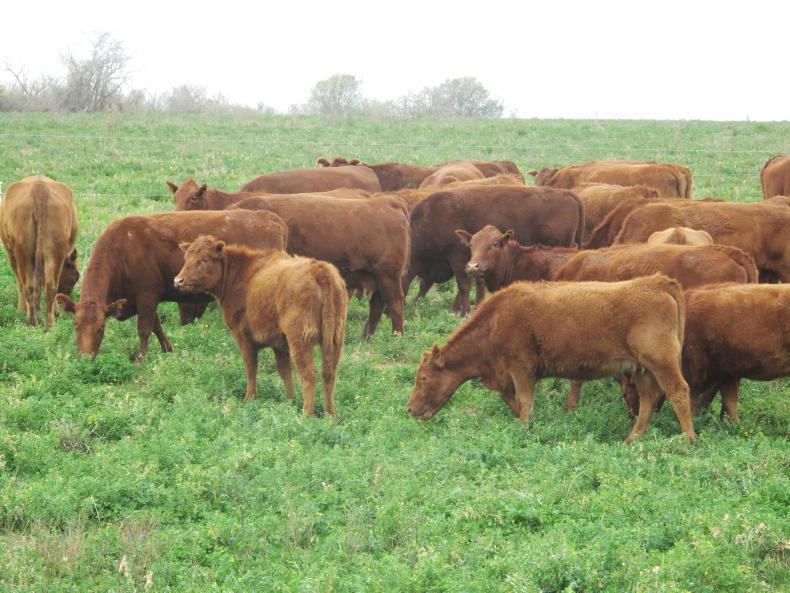The Government’s economic and sustainability impact assessment (ESIA) of the EU-Mercosur trade deal was released quietly this week as the TDs head off on their summer holidays.
It is a 144-page document that details the methodology of how the conclusions were arrived at.
As with any impact assessment of something that has yet to happen, several assumptions have to be made and only history can judge how accurate the predictions were.
Context
The report also provides good context on how complex exporting to Mercosur countries will be for Ireland.
Mercosur is not like the EU single market - it is a loose arrangement with four independent countries, each with their own regulatory requirements and are instinctively protectionist in their outlook.
Language and distance are also identified as barriers to exports.
Quota assumption
It is much less of an issue for Mercosur exporters to the EU. They are already well established in the beef sector, accounting for 75% of all beef imported by the EU.
The deal is particularly favourable for this trade, granting access for an additional 99,000t of beef.
One of the assumptions in the ESIA is that the Mercosur countries will only use 55,000t of this with the remainder utilised by existing exports on which the full tariff is being paid.
Only time will reveal the accuracy of this prediction, but the bottom line is that there is potential for more South American product competing with Irish in the EU than the ESIA is based on.
Currency
It is the same with the financial impact on the Irish beef sector.
The midpoint cost impact is put at €50bn, with a condition added that there is an assumption that Mercosur exchange rates remain competitive.
Given that the Brazilian currency is only worth one third of its value against the euro compared with 10 years ago and the Argentinian peso has collapsed to the point it is just worth 5% of its value a decade ago, currency movement has favoured Mercosur exporters to this point!
Brexit
As the ESIA is about the impact on Ireland from the Mercosur trade deal, it is understandable that Brexit didn’t feature in the wider economic context.
However, focusing on the specific sector of the Irish economy that stands to lose in the Mercosur deal, the loss is compounded by the UK setting off on its own trade policy that involves an almost open-door access to its market for agri produce.
Its deal with Australia sets the precedent on this and, recently, the UK ambassador in Uruguay was indicating a willingness to engage with Uruguay directly, bypassing Mercosur.
UK policy means that a substantial volume of Irish exports to the UK are likely to be displaced and the remainder forced to compete with whatever price is on offer from other exporters.
Increased access to the EU means that Irish exports, particularly high-value cuts, will either be displaced or, at a minimum, be forced to price-match additional supplies from South America.
Mercosur on its own is a problem for the Irish beef sector, but when it is added to the UK policy, the negative impact is multiplied - it is just a question of by how much.
The Irish ESIA, like its EU counterpart, points to an overwhelming benefit to the Irish economy from an EU trade deal with Mercosur.
Key sectors of the Irish economy, such as chemicals - including pharma, electrical equipment and machinery; computers, electronics and optical products, plus other manufacturing products, will combine to deliver an increase in Irish exports to Mercosur countries of €1.458bn by 2025.
Pointedly, the ESIA suggests that “failure to ratify the agreement risks damaging the credibility of the EU in future trade negotiations”.
Beef farmers are the only real losers, but will face an uphill task in getting the Irish Government to oppose the deal.
This, alongside UK trade policy, suggests that within this decade Irish beef farmers will be forced to compete with world market prices, while operating within EU production constraints.






 This is a subscriber-only article
This is a subscriber-only article










SHARING OPTIONS: